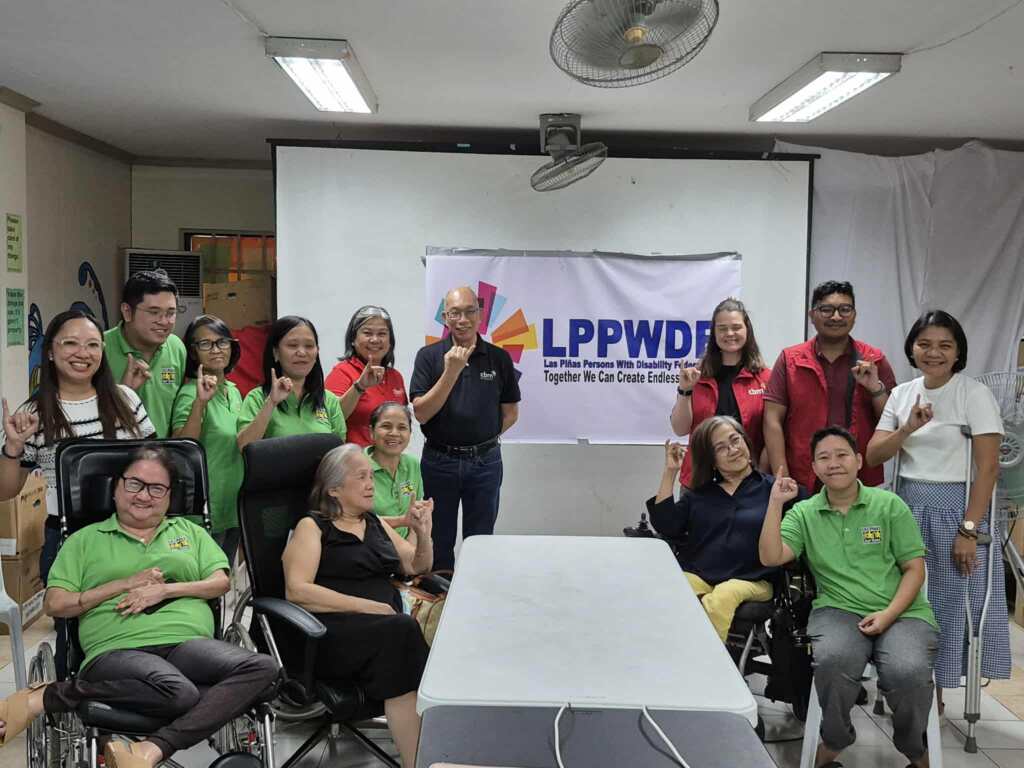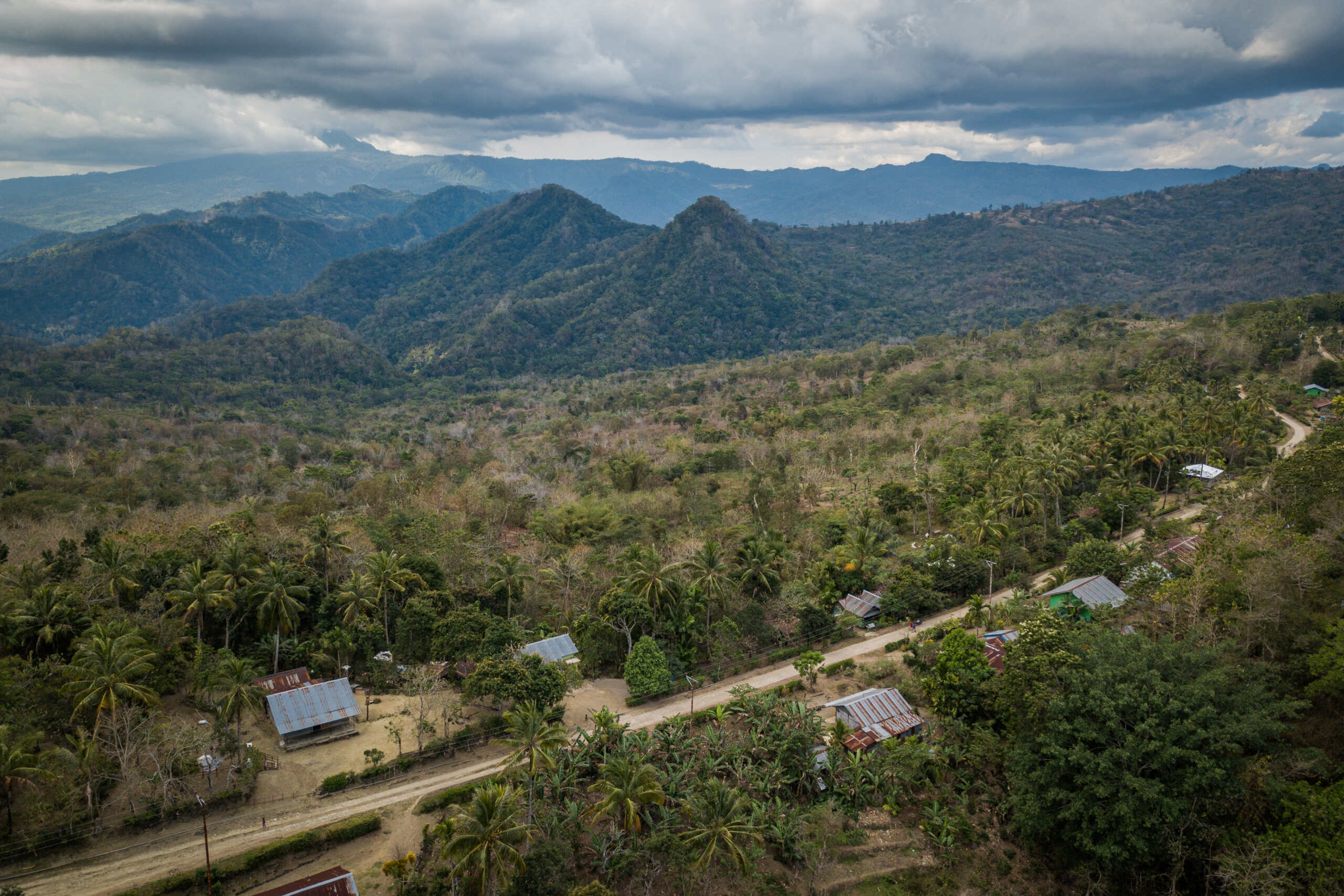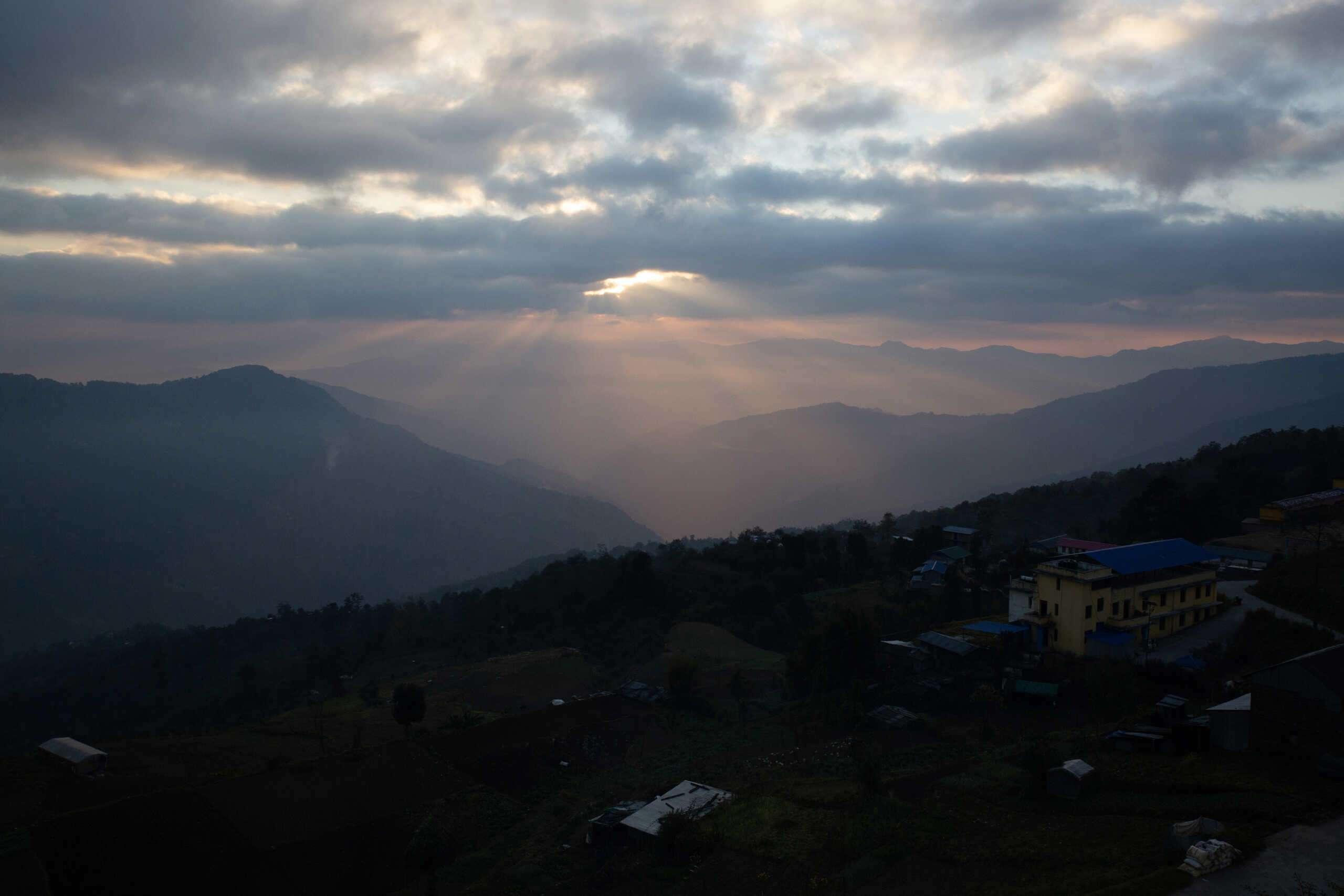Strengthening OPDs for inclusive governance and leadership in the Philippines
Stories | November 21, 2025
In the Philippines, the journey toward disability inclusive governance is being reshaped from the ground up. Through the project “Developing the Capacities of OPDs for Effective Participation in Disability Inclusive Governance,” CBM Australia is supporting local partner WOWLeap to work across four municipalities in four regions to build the leadership, visibility, and autonomy of grassroots Organisations of People with Disabilities (OPDs).
As the project enters its final phase, signs of transformation are clearly visible – not just in numbers, but in voices that are finally being heard through representation in local governance.
Across 96 barangays (local governments), OPDs have elected their own officers. Many of these leaders are now drafting proposals and pursuing government accreditation, which will enable access to government resources, capacity strengthening opportunities, and representation in government councils.
These groups are no longer waiting to be invited into decision making spaces as they are preparing to claim their place.

With over 1,500 people with disabilities and 348 barangay officials trained on disability rights and inclusion, the project has laid a strong foundation for inclusive governance. Yet, the real impact lies in the growing confidence of OPD members, especially women, to speak up and lead.
In a sector often dominated by male voices, OPDs have carved out space for women with disabilities to organise independently, helping ensure they are not sidelined. The formation of a women’s network, with a core group and clear terms of reference, marks a significant step toward sustainable leadership. The first assembly of this network was not just a meeting but a declaration that women with disabilities are ready to lead, implement programs, and shape policy.
As a strong advocate of women with disabilities, president of WOWLeap, Ms. Carmen highlights:
“No one can say what you need or what challenges you face because you are the one facing these challenges and you should be the one who should be leading it.”
While significant progress has been made, challenges persist – particularly the ongoing barriers faced by people with disabilities in their communities. One major obstacle is the lack of reliable disability data, which continues to hinder efforts to drive meaningful change. To address this gap, one of the project’s partners, Las Pinas Persons with Disabilities Federation Inc (LPPWDF), has been undertaking vital work collecting data on the number and situation people with disabilities across four municipalities. This data has proven instrumental in identifying needs of people with disabilities in the community and informing local government policies and programs.
Local government units are now maintaining and updating these profiles through the Persons with Disability Affairs Office, ensuring continuity and relevance. And it’s making a difference!
There have been notable changes in understanding disability and its associated needs, with an increase in accessible spaces. Visibility has been a key strategy, as the president of LPPWDF, Ms. Anafe mentions:
“We need to come out in the open and express. Only then everyone would know what we really need to have meaningful participation.”
When people with disabilities are seen and heard in their communities, stigma begins to break down, and inclusion becomes possible.
The wider community has also felt the impact. Local government units are now more aware of the needs of people with disabilities and are allocating budgets accordingly. Infrastructure improvements, such as ramps in public spaces, have been initiated. Even small gestures, like barangay officials providing catering during project activities, reflect a growing recognition and respect for the presence and contributions of people with disabilities.
The project has also prioritised underrepresented groups, including children with disabilities, individuals with psychosocial disabilities, and the deafblind community.
Representation of children with disabilities has always been a challenge. Some municipalities responded by allowing parents to participate in federations on behalf of their children. While this helps ensure children’s needs are considered through their parents, it can also limit the direct expression of children’s voices and experiences.
CBM’s partners acknowledge this challenge and are working towards creating environments where children can participate meaningfully. They also promote youth focused activities, particularly for underrepresented groups, and are exploring more inclusive models of representation to ensure their perspectives are genuinely heard.
As the project nears completion, the results are evident. OPDs are organising, advocating, and influencing policy. They are challenging stigma, demanding inclusion, and building networks to build a better future where people with disabilities enjoy rights on an equal basis with others.
CBM Australia acknowledges the support of the Australian Government through the Australian NGO Cooperation Program (ANCP).
https://www.cbm.org.au/stories/strengthening-opds-for-inclusive-governance-and-leadership-in-the-philippines
Related Stories

Week 2 – Lent series 2026
As we continue our Lent journey, we’re grateful to share a heartfelt reflection from CBM Australia’s Head of Program Impact Operations, Kieran Cummins, who...

Building inclusive, climate resilient communities in Bangladesh
Highlights from DFAT Post’s visit In January 2026, representatives from the Australian High Commission in...

Week 1 – Lent series 2026
As we enter the season of Lent, we’re taking time as a community to pause, reflect, and draw closer to the heart of God. Lent invites...
